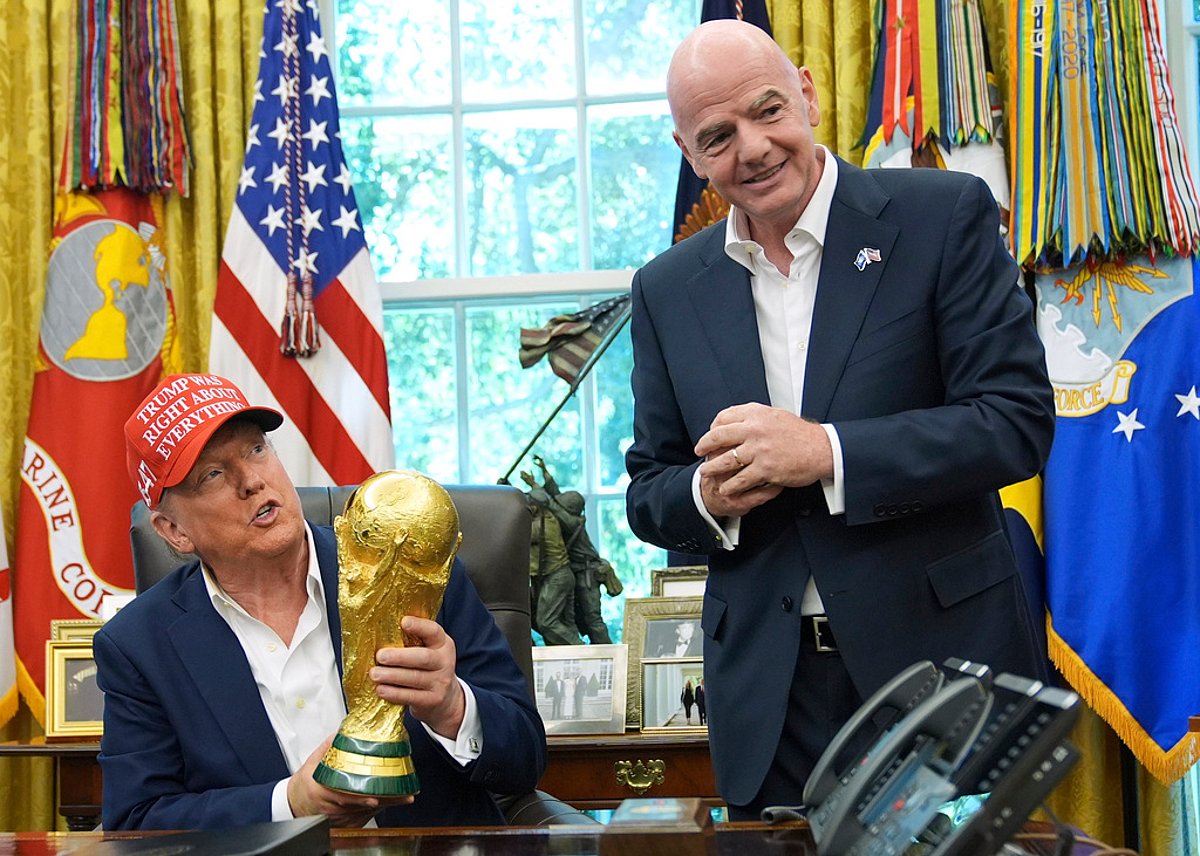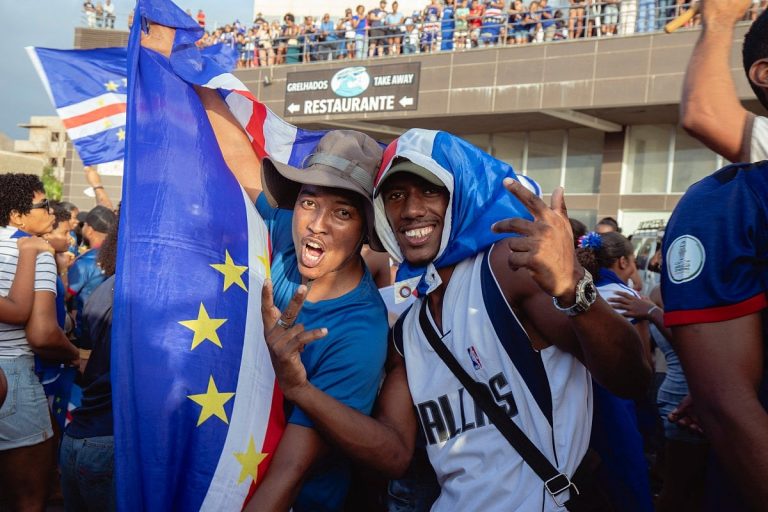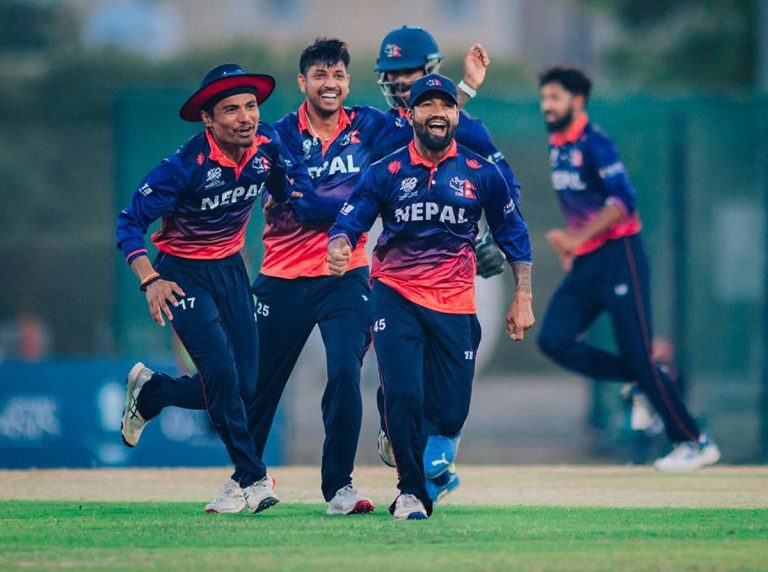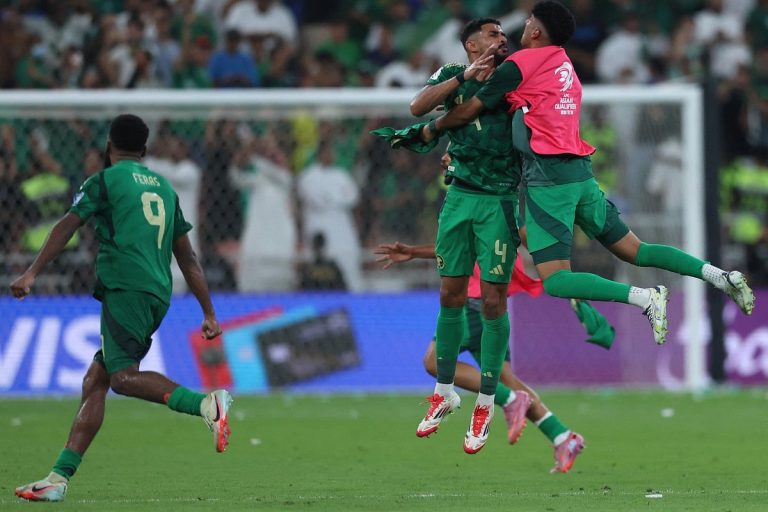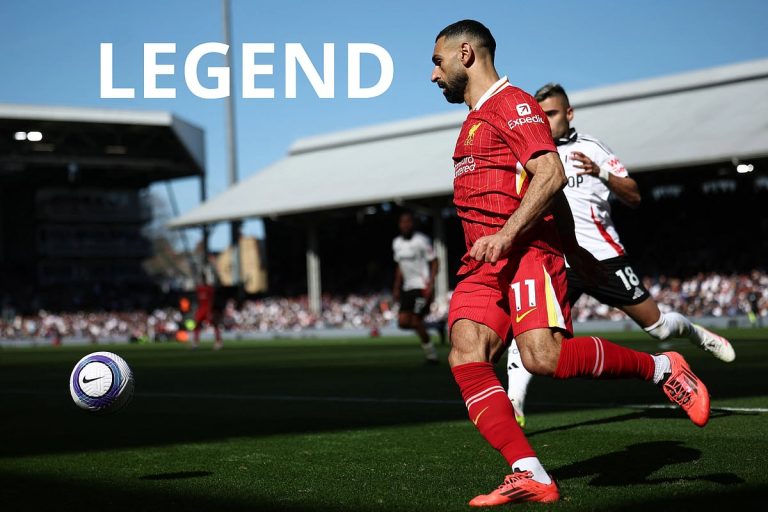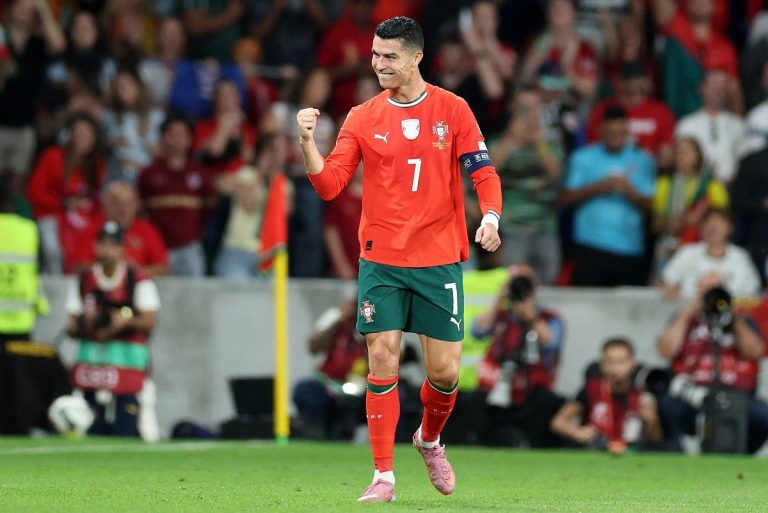Trump Raises Concerns Over Boston World Cup Matches
Recent comments from President Donald Trump have raised concerns about the future of World Cup matches scheduled for suburban Boston next year. During a meeting with Argentine President Javier Milei, Trump expressed his discontent with Boston’s leadership, suggesting that unrest in certain areas of the city could lead to the relocation of the games.
Background on the World Cup in Boston
The 2026 FIFA World Cup, co-hosted by the United States, Canada, and Mexico, is set to feature matches in various cities, including Foxborough, Massachusetts, which is approximately 30 miles from Boston. This location is home to the NFL’s New England Patriots and has been chosen as one of the venues for this prestigious tournament.
Trump’s remarks came in response to a question about Boston’s mayor, Michelle Wu, whom he described as “intelligent” but “radical left.” He stated, “We could take them away,” referring to the World Cup games, while expressing his affection for Boston and acknowledging the sold-out status of the matches. However, he criticized Wu’s leadership, implying that her governance could jeopardize the event.
Unrest in Boston
Trump’s comments were likely influenced by recent events in the city, including a pro-Palestinian protest that escalated into violence, resulting in multiple arrests and injuries to police officers. Although Trump did not specify which areas he believed were “taken over,” his remarks reflect a broader concern about safety and unrest in urban environments.
The administration has previously deployed National Guard troops to various cities, including Washington and Memphis, and has considered similar actions in Chicago and Portland, Oregon. These measures have sparked legal challenges and raised questions about the federal government’s role in local law enforcement.
FIFA’s Authority and Response
Despite Trump’s assertions, the decision to relocate World Cup matches ultimately lies with FIFA, the governing body of international soccer. FIFA’s vice president, Victor Montagliani, emphasized that the tournament is under FIFA’s jurisdiction, stating, “It’s FIFA’s tournament, FIFA’s jurisdiction, FIFA makes those decisions.”
Trump, however, suggested that if he deemed conditions unsafe, he could contact FIFA President Gianni Infantino to discuss moving the matches. He characterized Infantino as a close ally who would comply with such a request, although it remains unclear how feasible such a change would be given the logistical and legal complexities involved.
Implications for Boston and the World Cup
The potential for relocating World Cup matches raises significant implications for Boston, which has been preparing to host international fans and showcase its historic significance. Wu’s office responded to Trump’s comments by reaffirming the city’s excitement about hosting the tournament, emphasizing its status as “the cradle of liberty and city of champions.”
As the situation develops, the focus will remain on the city’s ability to maintain safety and order, as well as FIFA’s role in determining the final hosting arrangements for the World Cup.
FAQs
What prompted Trump’s comments about relocating the World Cup matches?
Trump’s remarks were made in response to unrest in Boston, particularly following a violent pro-Palestinian protest that resulted in multiple arrests and injuries to police officers.
Who ultimately decides the location of World Cup matches?
FIFA, the governing body of international soccer, has the final authority on the locations of World Cup matches, despite any suggestions from political figures.
How has Boston’s leadership responded to Trump’s threat?
Boston Mayor Michelle Wu’s office expressed excitement about hosting the World Cup matches and emphasized the city’s readiness to welcome fans from around the world.
Conclusion
President Trump’s comments regarding the potential relocation of World Cup matches from Boston highlight ongoing concerns about safety and unrest in urban areas. As the city prepares for the tournament, it will be crucial for local leadership to address these issues while working with FIFA to ensure a successful event. The coming months will be pivotal in determining the final arrangements for the World Cup in 2026.
Also Read:
Cape Verde Qualifies for First FIFA World Cup in 2026

